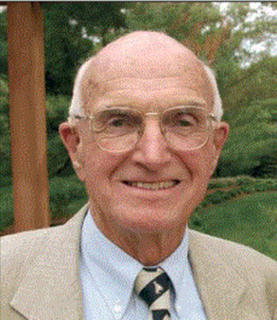A Quote by Tim O'Reilly
Who was the first person to fly across the Atlantic? Lindbergh. Who was the second? No idea.
Related Quotes
Glenn's 1962 Mercury flight was fraught with dramatics, from his 'Zero G and I feel fine!' exultation upon entering orbit to his reentry with what was feared was a faulty heat shield. After he safely splashed down, the nation erupted with applause and gratitude not seen since Charles Lindbergh's solo flight across the Atlantic.
I was a risk-taker as a young man, and I don't regret it. I'm not adventurous in quite the same way now, but I still love the challenge of testing myself to the limits, flying around the world, or seeing if I can be the first to fly a balloon across the Atlantic, or trying to take people into space at an affordable price in an environmentally friendly way. I'll be going into space with three generations of my family!
I'm not the sort of person who gives up on things. The first time we crossed the Atlantic in the balloon, it crashed, and we went on and did the Pacific. First time we crossed the Atlantic in a boat, it sank, and we went on and got the record. So, generally speaking, we will pick ourselves up, brush ourselves down, and carry on.
If Charles Lindbergh, flying with no instruments other than a bologna sandwich, managed to cross the Atlantic and land safely on a runway completely covered with French people, why are today's airplanes, which are equipped with radar and computers and individualized liquor bottles, unable to cope with fog?































